
By Marian Wright Edelman
April 4 was the 54th anniversary of the assassination of our nation’s prophet of nonviolence, Dr. Martin Luther King Jr.
On the same day we received new warnings from international scientists that our world remains headed towards an environmental climate catastrophe, this date was a sad reminder that before his death, Dr. King presciently warned us about a metaphorical climate crisis that also threatened us all.
Shortly after President John F. Kennedy’s 1963 assassination, Dr. King wrote that it was time for our nation to do some soul-searching, and while the question “Who killed President Kennedy?” was important, answering the question “What killed President Kennedy?” was even more critical.
Dr. King said he believed “our late President was assassinated by a morally inclement climate”:
“It is a climate filled with heavy torrents of false accusation, jostling winds of hatred, and raging storms of violence.
“It is a climate where men cannot disagree without being disagreeable, and where they express dissent through violence and murder.
“It is the same climate that murdered Medgar Evers in Mississippi and six innocent Negro children in Birmingham, Alabama.”
Dr. King also noted that the undercurrents of hatred and violence that made up this morally inclement climate were fueled by our cultural embrace of guns: “By our readiness to allow arms to be purchased at will and fired at whim, by allowing our movie and television screens to teach our children that the hero is one who masters the art of shooting and the technique of killing, by allowing all these developments, we have created an atmosphere in which violence and hatred have become popular pas-times.”
The same winds of hatred, storms of violence, and easy access to and glorification of guns he believed killed President Kennedy would soon kill Dr. King, too. Decades later, we are still being ravaged by the same storms.
On April 3, six people were killed and 12 others injured in a shooting in downtown Sacramento, California, one of the worst mass shootings in the city’s history.
Afterward, President Biden released a statement :
“Today, America once again mourns for another community devastated by gun violence. … Families forever changed. Survivors left to heal wounds both visible and invisible. … We know these lives were not the only lives impacted by gun violence last night.
“And we equally mourn for those victims and families who do not make national headlines. But we must do more than mourn; we must act.”
Will we? President Biden went on to list steps Congress could take to curb gun violence right now: “Ban ghost guns. Require background checks for all gun sales. Ban assault weapons and high-ca-pacity magazines.
Repeal gun manufacturers’ immunity from liability.”
We know what could help. But we also know how many members of Congress remain resistant to doing anything at all.
Meanwhile, gun violence is now the leading cause of death for children and teens ages 0-19 and is taking a growing number of lives — a fact that is sometimes lost in the middle of the pandemic. Violence still saturates our communities and our culture. We are raising another generation in a morally inclement climate. We must do more than mourn.
We must put actions behind our words and thoughts and prayers.
In his eulogy at Dr. King’s funeral, Dr. Benjamin E. Mays said:
“Here was a man who believed with all of his might that the pursuit of violence at any time is ethically and morally wrong; that God and the moral weight of the universe are against it ; that violence is self-defeating; and that only love and forgiveness can break the vicious circle of revenge. He believed that nonviolence would prove effective in the abolition of injustice in politics, in economics, in education, and in race relations. He was convinced, also, that people could not be moved to abolish voluntarily the inhumanity of man to man by mere persuasion and pleading, but that they could be moved to do so by dramatizing the evil through massive nonviolent resistance. … He believed that the nonviolent approach to solving social problems would ultimately prove to be redemptive.”
Our world is still in desperate need of leaders who share this belief today.
Edelman is founder and president emerita of the Children’s Defense Fund.

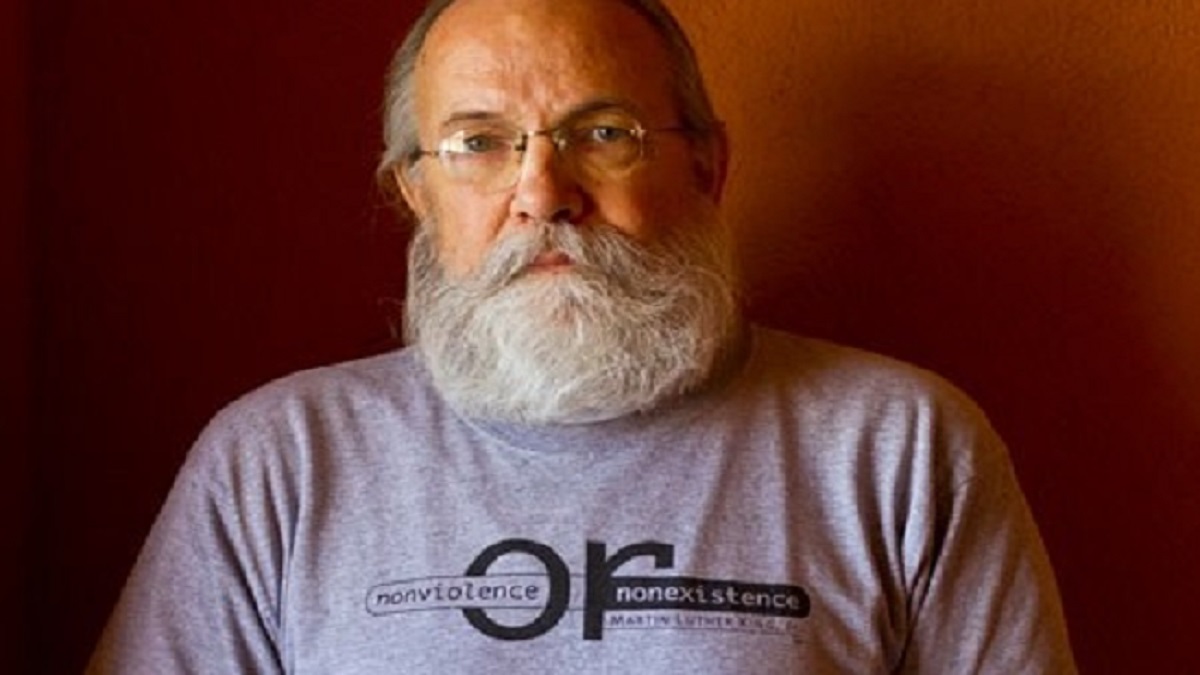
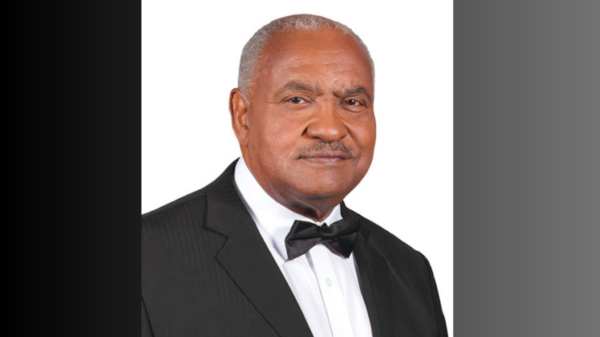
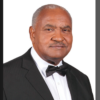
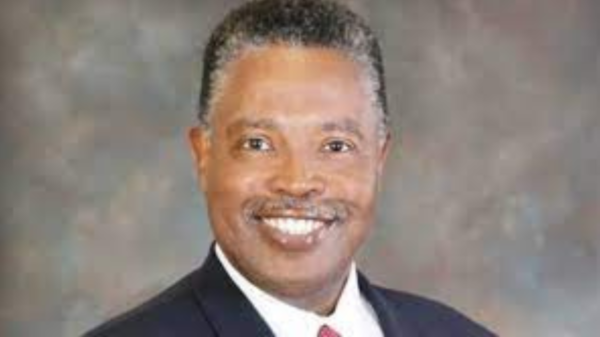
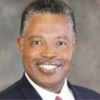
You must be logged in to post a comment Login